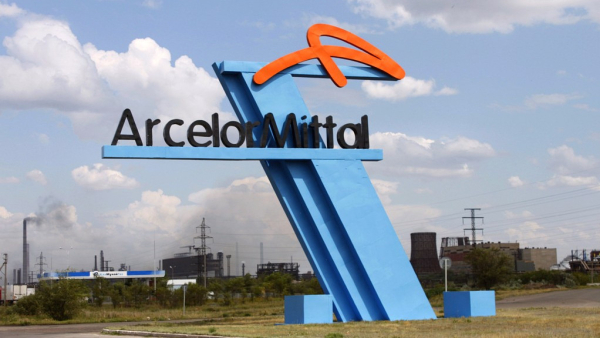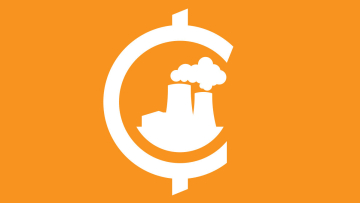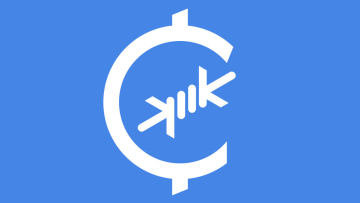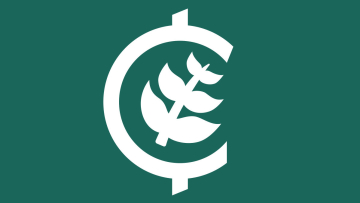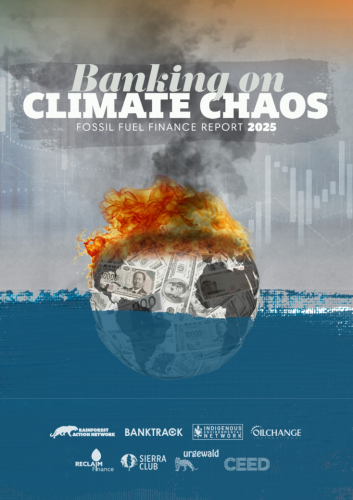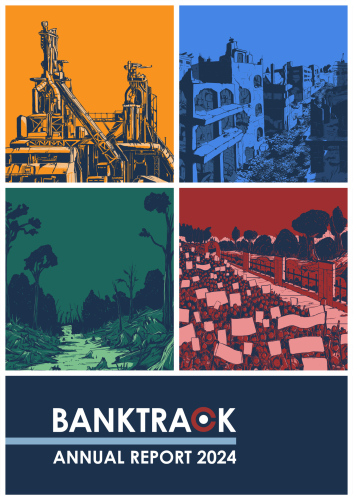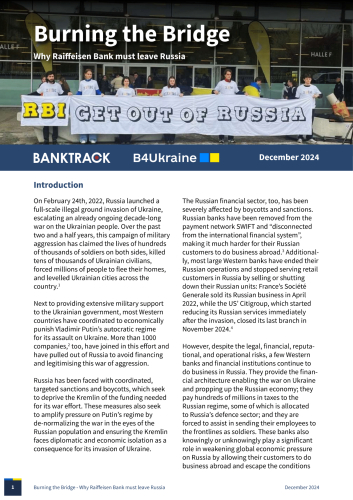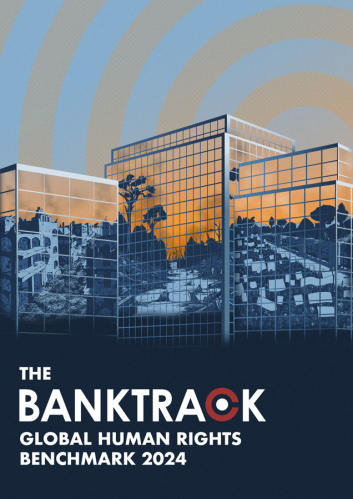
KCB Bank
Kenya's KCB committed $200 million to the East African Crude Oil Pipeline (EACOP). When 11 peaceful activists attempted to deliver a letter about this, they were lured into a basement where they were ambushed and arrested on false charges.
Bank Mandiri
TuK Indonesia has taken Bank Mandiri to court, demanding an immediate halt to financing of palm oil companies engaged in environmental destruction and human rights violations in Indonesia. In June, BankTrack and other groups submitted an amicus curiae letter in support of the lawsuit.
Nordea
Nordea lowered the ambition of previous commitments regarding its lending policy to companies involved in Arctic oil and gas.
JPMorgan Chase
JP Morgan Chase is the largest fossil fuel financier in the world, committing $53.5 billion to fossil fuel companies in 2024, including $27.8 billion to the top fossil fuel expanders, and topping also the increase in fossil finance from 2023 by adding $15 billion in 2024.
2025-07-03 00:00:00
2025-05-26 00:00:00
2025-05-15 00:00:00
2025-05-15 00:00:00
2025-05-22 00:00:00
2025-05-20 00:00:00
2025-05-15 00:00:00
2025-05-02 00:00:00

















